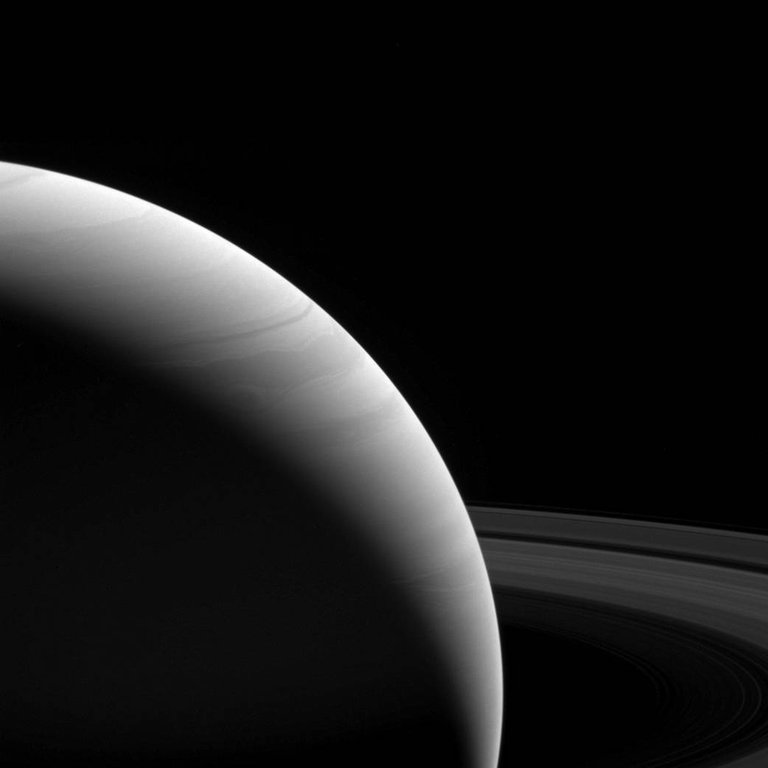Soon, on September 15th, after nearly 20 years of mission (without a month), in a spectacular way Cassini space probe will end its life. Space probe, thanks to which we have learned so much about Saturn and its moons. 'The Grand Finale' is of course collision on Saturn, and more precisely the burning in his atmosphere.
It is interesting to note that for the last few moments the probe will continually make measurements with 8 instruments and send the results of these measurements to Earth in real time. What in case of Cassini means - the delay of the order of ** 83 minutes **, because so much time radio signal needs to travel distances of over ** 1.4 billion kilometers **.
Details of this spectacular moments can be found here: [click] (https://saturn.jpl.nasa.gov/mission/grand-finale/cassini-end-of-mission-timeline/)
Cassini short biography:
- mission start - October 1997,
- in July 2004, Cassini became Saturn's first artificial satellite (7.5 years of travel - yeah, quite a long time). On the way to Saturn, the spacecraft twice flew past Venus, passed the Earth, and Jupiter (now I know what it took her so long );
In January 2005, the Huygens detector disconnected from the probe landed on Titan's surface. - after completing the main mission in mid-2008 in the Saturn system, it was successively extended twice - until now. The reason for the extension was the large reserves of fuel remaining after the main mission. This extra fuel could not be wasted :)
Scientific meaning of the mission (selected positions):
- discovery of the presence of liquid hydrocarbon reservoirs on the surface of Titan,
- active cryovulcanism on Enceladus,
- on Enceladus, Titan and Dione there may be subterranean oceans of liquid water,
- the discovery of moons: Methone, Pallene, Polideukes, Daphnis, Anthe and Aegaeon,
- stationary cyclones occupy the areas of both Saturn poles (until now we have known only about the hexagonal cyclone on the north pole),
- the stream of matter thrown by Geysers on Enceladus feeds one of Saturn's rings,
And many, many more...
Mission costs:
- main mission (until July 1, 2008) - ** $ 3.27 billions **
- mission extended (from 1 July 2008 to 30 September 2010) - ** $ 180 millions **
- extended mission - extended (from October 2010 to September 2017) - ** $ 420 millions **
Sources:
And 2 more pictures from NASA:

